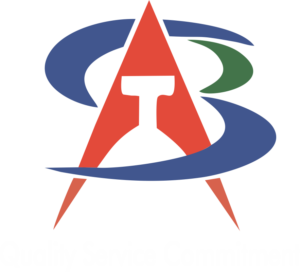
The construction industry plays a vital role in economic growth, infrastructure development, and employment generation. However, it also faces significant challenges, particularly in workforce management and environmental sustainability. One of the key reasons for the industry’s current situation is the ill-treatment of the workforce, which has led to declining interest in the profession, reduced productivity, and compromised work quality.
As someone with 25 years of experience in the construction field, I, Ajitkumar S. M., strongly believe that sustainable industry development is possible only when we address both workforce well-being and environmental responsibility. Unfortunately, many workers in the industry face poor wages, unsafe working conditions, lack of job security, and minimal career growth opportunities. This exploitation has resulted in a shortage of skilled labor, delays in project completion, and a decline in overall construction quality. If we continue on this path, the industry will struggle to attract new talent and maintain efficiency.
At the same time, the construction sector is one of the largest contributors to carbon emissions and environmental degradation. The use of traditional materials and outdated construction techniques has led to high energy consumption, excessive waste generation, and depletion of natural resources. Without a shift towards sustainable practices, we risk long-term damage to both the environment and the industry’s future.
To overcome these challenges, the construction industry must adopt a holistic approach that prioritizes:
- Respecting and Empowering the Workforce – Providing fair wages, proper safety measures, skill development programs, and career growth opportunities.
- Implementing Sustainable Construction Practices – Reducing carbon footprints by using eco-friendly materials, adopting reduce, reuse, and recycle principles, and promoting precast and alternative technologies.
- Encouraging Industry Collaboration – Bringing together engineers, policymakers, academicians, and industry leaders to create regulations that support both workforce welfare and environmental sustainability.
- Investing in Research and Innovation – Developing new construction techniques and products that are cost-effective, energy-efficient, and environmentally friendly.
Through my work in researching and developing eco-friendly building products and technologies, I aim to create a sustainable future for the industry. However, real change can only happen when all stakeholders recognize the importance of treating the workforce with dignity and embracing green solutions. The future of construction depends on how well we balance economic growth, environmental sustainability, and social responsibility. If we fail to act now, the industry will continue to face skilled labor shortages, rising costs, and environmental repercussions.
It is time for the construction sector to rethink its approach and build not just structures, but a sustainable and equitable industry for future generations.


1 Comment
alanofishinggame
December 25, 2025
Hey all if you love fish alanofishinggame is the place to be. Its a good time for all even if you don’t love fishing! Check it out here: alanofishinggame